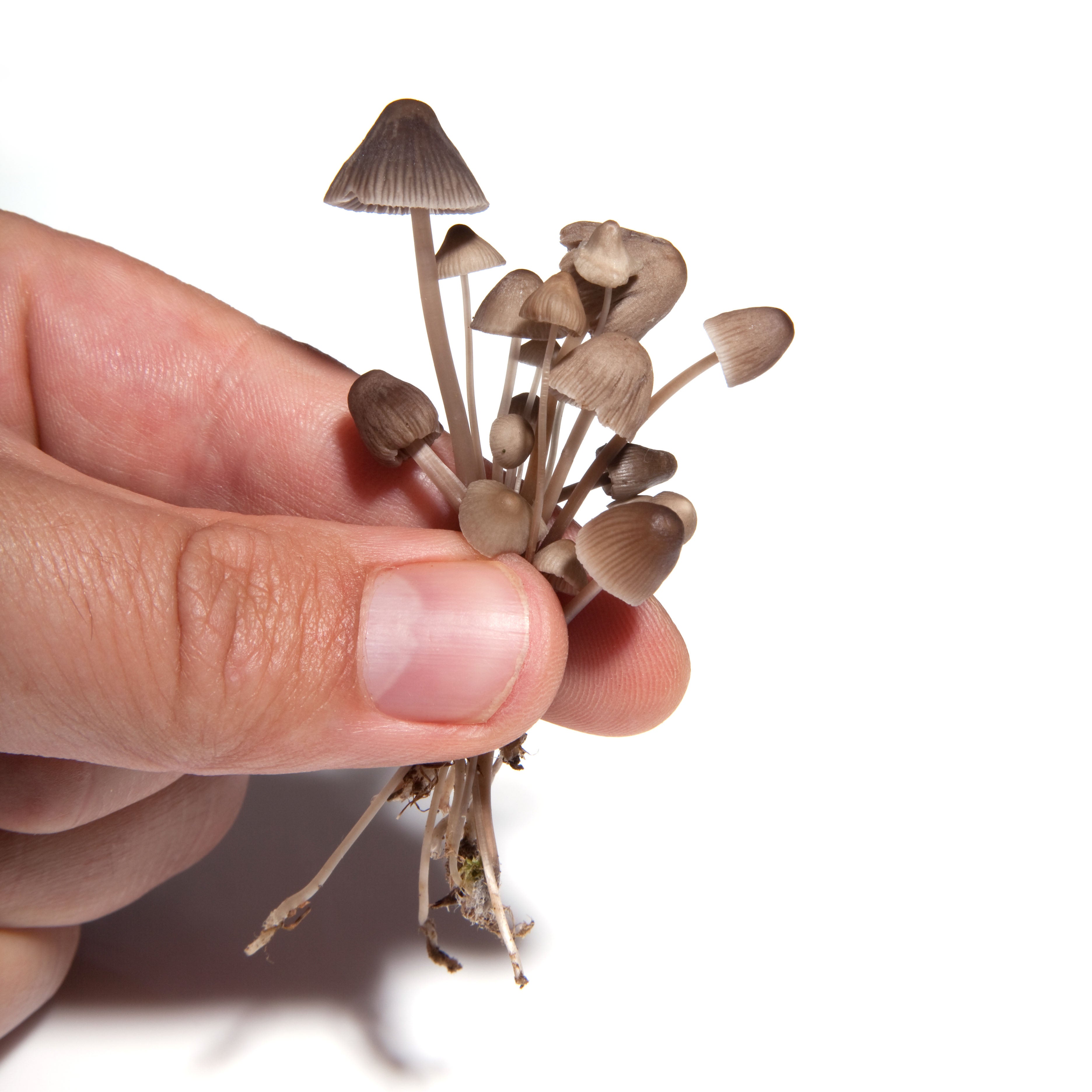Magic mushroom compound ‘opens up depressed people’s brains’, study suggests
The findings suggest psilocybin could be a real alternative to depression treatments, researchers say.

The psychedelic compound found in magic mushrooms helps to open up depressed people’s brains and make them less fixed in negative thinking patterns, a study has suggested.
According to the study, psilocybin made the brain more flexible, working differently from regular antidepressants, even weeks after use.
Researchers suggest the findings indicate that psilocybin could be a real alternative approach to depression treatments.
These findings are important because for the first time we find that psilocybin works differently from conventional antidepressants
They said patterns of brain activity in depression can become rigid and restricted, and psilocybin could help the brain to break out of the rut in a way traditional therapies cannot.
Professor David Nutt, head of the Imperial Centre for Psychedelic Research, said: “These findings are important because for the first time we find that psilocybin works differently from conventional antidepressants – making the brain more flexible and fluid, and less entrenched in the negative thinking patterns associated with depression.
“This supports our initial predictions and confirms psilocybin could be a real alternative approach to depression treatments.”
The paper’s senior author Professor Robin Carhart-Harris, former head of the Imperial Centre for Psychedelic Research who is now based at University of California, San Francisco, said: “The effect seen with psilocybin is consistent across two studies, related to people getting better, and was not seen with a conventional antidepressant.
“In previous studies we had seen a similar effect in the brain when people were scanned whilst on a psychedelic, but here we’re seeing it weeks after treatment for depression, which suggests a ‘carry over’ of the acute drug action.”
Psilocybin is one of a number of psychedelics being explored as a potential therapy for psychiatric disorders.
The new findings are based on analysis of brain scans from around 60 people receiving treatment for depression, led by Imperial College London’s Centre for Psychedelic Research.
The team behind the study believes it may have untangled how psilocybin works on the brain.
The results, taken from two combined studies, reveal that people who responded to psilocybin-assisted therapy showed increased brain connectivity not just during their treatment, but up to three weeks afterwards.
This opening up effect was associated with people reporting improvements in their depression.
According to the researchers, similar changes in brain connectivity were not seen in those treated with a conventional antidepressant – escitalopram – suggesting the psychedelic works differently in treating depression.
According to the team, the findings, published in the journal Nature Medicine, are a promising advance for psilocybin therapy, with the effects replicated across two studies.
But the authors caution that while the findings are encouraging, patients with depression should not attempt to self-medicate with psilocybin, as taking magic mushrooms or psilocybin in the absence of trial conditions may not have a positive outcome.
Bookmark popover
Removed from bookmarks